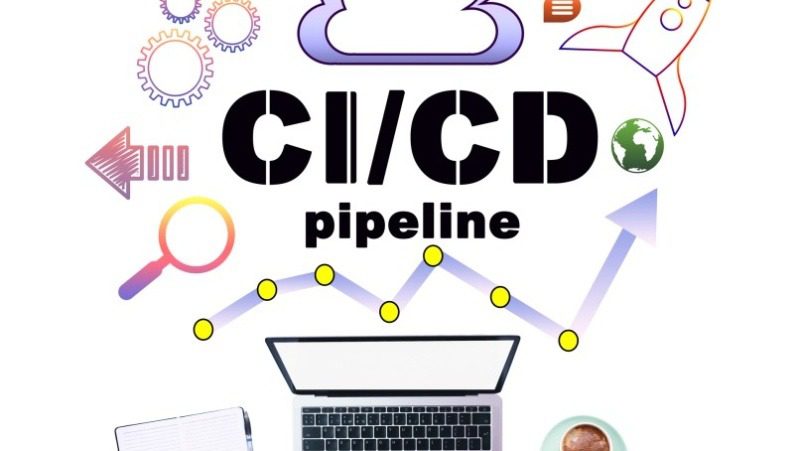The power of machine learning (ML) is undeniable, offering significant benefits across diverse industries. MLOps, which bridges the gap between ML and operations, promises to streamline development, enhance scalability, and foster collaboration in deploying ML models. However, while organizations recognize the potential of MLOps, they often face unique challenges in implementation. Unlike larger companies with ample resources to overcome these hurdles, mid-sized businesses need to be particularly mindful of these roadblocks.
- Resource Constraints
- Talent Gap: MLOps requires a blend of data science, engineering, and operational expertise. Finding and retaining professionals with this diverse skill set can be challenging for mid-sized companies with limited resources.
- Budgetary Limitations: Implementing and maintaining MLOps infrastructure requires investment in tools, platforms, and potentially additional hardware. Balancing these costs with other business priorities can be a struggle.
- Data Challenges
- Data Silos and Accessibility: Data may be scattered across different departments and systems, hindering its accessibility for model training and evaluation. Integrating and cleansing data from diverse sources can be time-consuming and resource intensive.
- Limited Data Volume: Mid-sized businesses may not have access to the vast datasets often required for training complex ML models. This can lead to challenges in achieving robust model performance and generalizability.
- Operational Hurdles:
- Integration with Existing Workflows: Integrating MLOps practices with established development and deployment processes can be complex, requiring adjustments to existing workflows and potential cultural shifts within teams.
- Monitoring and Governance: Effectively monitoring deployed models for performance drift and potential biases requires dedicated resources and robust governance frameworks. Mid-sized businesses may lack the dedicated personnel or established practices for this ongoing task.
- Security and Compliance Concerns:
- Data Security: Protecting sensitive data used in ML models is paramount. Mid-sized businesses may need to invest in additional security measures to comply with relevant regulations and safeguard sensitive information.
- Explainability and Bias: Ensuring model fairness and explainability is crucial for responsible AI practices. Mid-sized businesses may lack the resources or expertise to adequately address these concerns.
- Explainability and Bias:
- Ensuring Fairness and Transparency: MLOps necessitates ensuring deployed models are fair and interpretable. However, mid-sized businesses may lack the resources or expertise to adequately address these concerns, potentially leading to biased models and ethical issues.
Overcoming the MLOps Challenge
Despite these challenges, mid-sized organizations can successfully navigate the MLOps landscape by following a focused approach.
- Starting small and focusing on high-impact projects with clear business value and manageable data requirements.
- Building internal expertise by investing in training staff or considering partnerships with external consultants to bridge the skill gap.
- Leveraging open-source tools and platforms to minimize initial investment costs. However, be mindful of long-term management and training costs.
- Focusing on data quality and governance by implementing clear data management practices and prioritizing data accessibility and quality.
- Building a collaborative culture between data science, engineering, and operations teams to ensure seamless integration of MLOps into existing workflows.
By acknowledging these challenges and adopting a strategic approach, mid-sized organizations can harness the power of MLOps and unlock the transformative potential of machine learning. Remember that success in MLOps requires not just technological solutions, but also a cultural shift towards embracing data-driven decision making and continuous learning. With the rapidly evolving technology landscape, external experts such as QX Impact play a key role in addressing skill gaps and mitigating organizational risk.
Contact QX Impact today to learn about its unique, value-driven approach designed to deliver on your key business goals.


